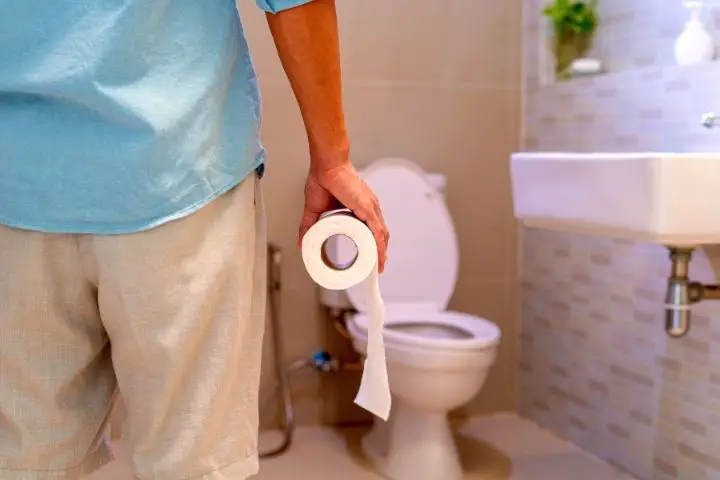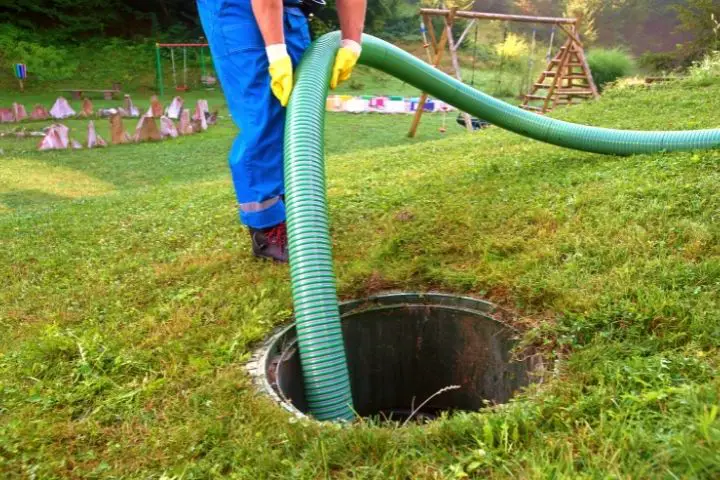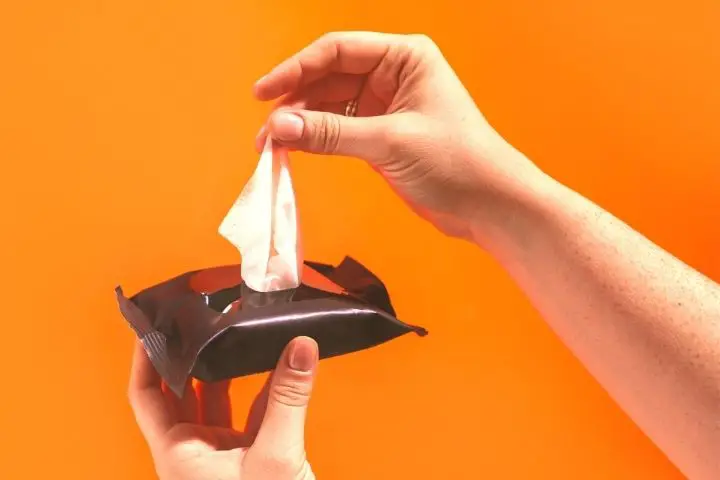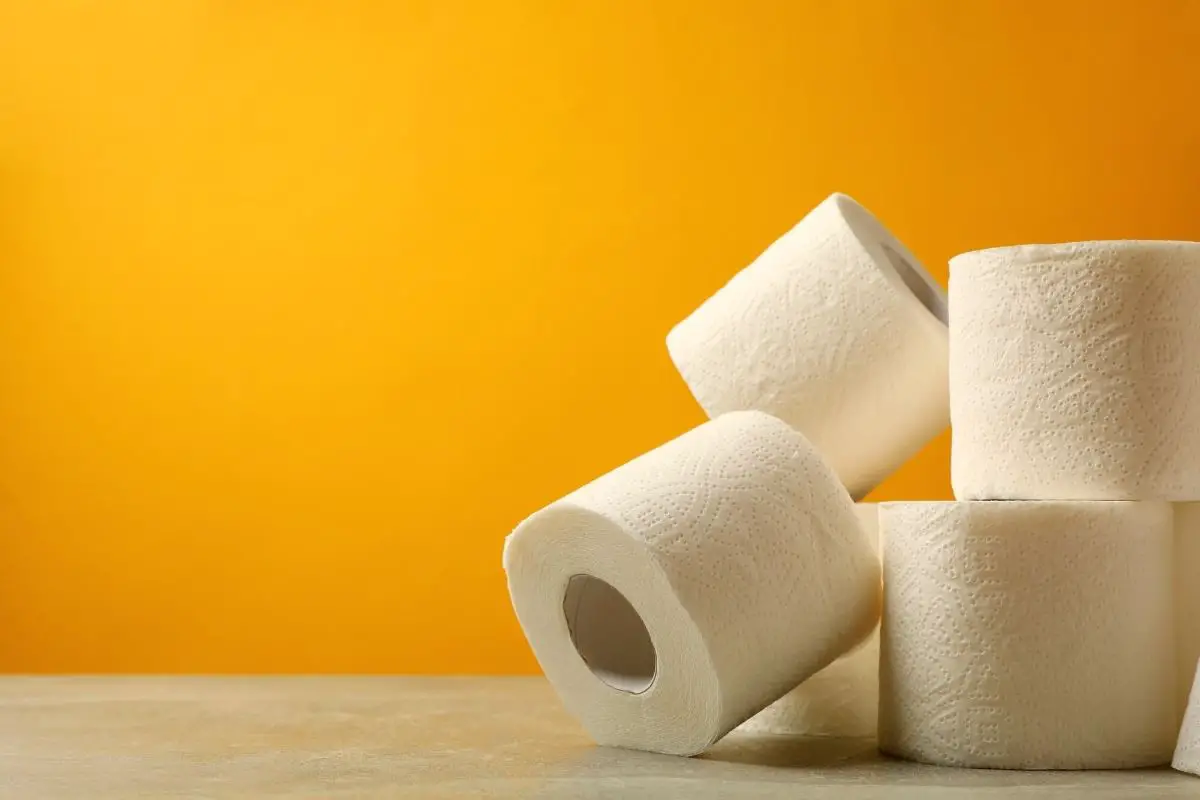Does Toilet Paper Dissolve In Septic Tank? | Mostly, Yes!
The right septic tank for your home can keep up with your family’s day-to-day bathroom habits with no problem. So there’s a good chance you’ve never thought twice about what happens to toilet paper that goes down the drain.
Toilet paper dissolves fairly quickly in a healthy, well-maintained septic tank. By the time the toilet is used again, the last flush is usually completely dissolved.
Unfortunately, there are also several scenarios — e.g., flush-happy children or a big gathering — that can place an unusually large amount of toilet paper in your system. And the consequences of that don’t stay contained to a septic tank for long!
What Happens To Toilet Paper In Your Septic System?
One way to think of your septic tank is as a less-savory composting system. Anything biodegradable will eventually dissolve with the help of your septic tank’s beneficial bacteria.
If you’re an avid backyard composter, then you know that household paper products — i.e., toilet paper — are readily biodegradable.
So, yes, toilet paper does dissolve in a healthy septic tank. But this process isn’t always instantaneous.
How Long Does It Take For Toilet Paper To Dissolve?
In the perfect environment, most toilet paper takes between 10 and 20 minutes to fully dissolve. You can test this yourself using your favorite TP brand and a cup of water.
If a particular type of toilet paper takes longer than 20 minutes to dissolve, most plumbing experts advise against flushing it into a septic tank!
With that said, the toilet paper going into your septic tank is not dissolving in clean water. Other factors, such as the number of beneficial bacteria living in your septic system, can also affect the rate of decomposition.

Do I Need Special Toilet Paper For Septic System?
You do not NEED special toilet paper for a septic tank. But choosing the right toilet paper can help your septic system run more efficiently and require less frequent maintenance.
Eco-friendly toilet paper that is entirely biodegradable and/or made from recycled materials tends to dissolve best. The same is true of single- and two-ply toilet paper.
If your preferred toilet paper is made of a material like bamboo (such as the rolls offered by Reel TP and Cloud Paper), don’t stress! These paper alternatives are okay to flush into a septic system and should break down just as quickly.
What Is Septic-Safe Toilet Paper?
Some toilet paper dissolves faster than others. These products are commonly sold as “septic-safe” toilet paper.
In reality, pretty much any toilet paper sold today is safe for septic systems. It’s rare to find a package of toilet paper that doesn’t bear this label.
When comparing different kinds of toilet paper at your local supermarket or online, look for those certified by the National Sanitation Foundation. This certification shows that the toilet paper in question has been tested by a third party for dissolvability!
What Happens To Toilet Paper That Doesn’t Dissolve?
All toilet paper will dissolve eventually. Unfortunately, several problems can arise if your septic system can’t keep up with the amount of paper being flushed down the toilet.
Flushing too much toilet paper in a short period of time can overload the septic tank and slow down the dissolving process. Thick, multi-ply toilet papers are also more liable to bog down your septic system.
Undissolved toilet paper can clog your septic tank and adjacent plumbing.
An accumulation of undissolved toilet paper (and other solids) shrinks the capacity of your septic tank. This can directly increase the chance of the tank overflowing.
Rest assured, toilet paper alone isn’t likely to wreak complete havoc on your home’s septic system. But excess toilet paper could compound other issues that can only be solved by hiring a professional to empty the tank.

What Breaks Down Toilet Paper Build-Up In Septic Tanks?
Regular maintenance ensures your septic system can work at maximum efficiency. Most areas require a professional inspection every 3 to 5 years. This inspection includes pumping the tank, which removes any sludge build-up.
Some septic tank owners choose to supplement their system’s ecosystem with enzymes or live bacteria between inspections.
According to the US Environmental Protection Agency, a healthy septic tank won’t benefit from these additives. It already contains everything necessary to break down toilet paper and other biodegradable materials.
The most important thing to take away from this is that you should leave your septic tank’s health to a professional. Septic tanks rely on a delicate balance to function properly, and additives should only be used at the advice of an expert.
Frequently Asked Questions
Will Baby Wipes Dissolve In A Septic Tank?
No, traditional baby wipes will not dissolve in a septic tank. These products often contain non-biodegradable ingredients, such as synthetic polymers, that cannot be broken down by the bacteria in your septic system.
There are many baby wipes marketed as “septic-safe” or “flushable.” Unfortunately, these wipes are only slightly better than their synthetic counterparts.
While flushable baby wipes are made with plant-based fibers that can break down in a septic system, the material is often so thick that it does not dissolve efficiently enough. Instead, these products are likely to cause clogs or accumulate at the bottom of your septic tank.

Is Toilet Paper Compostable?
Yes, toilet paper is compostable. However, it should rarely go in your standard backyard compost heap!
Clean, unused toilet paper is 100% safe to compost. But you should not compost toilet paper that has been used. While the risk is low, there is a chance that disposing of used toilet paper in this way could introduce dangerous pathogens to your compost.
What Is A Composting Toilet?
A composting toilet is a self-contained system that requires little or no water. Composting toilets tend to be much less expensive than septic systems but require more frequent maintenance.
Like a septic tank, everything that goes into the toilet — including toilet paper — breaks down with the help of bacteria. The main difference is the lack of water inside the container.






